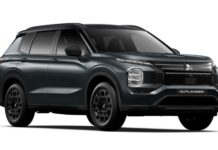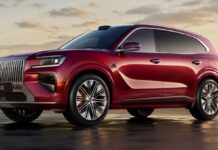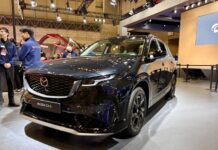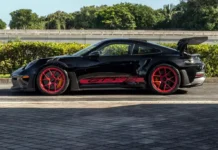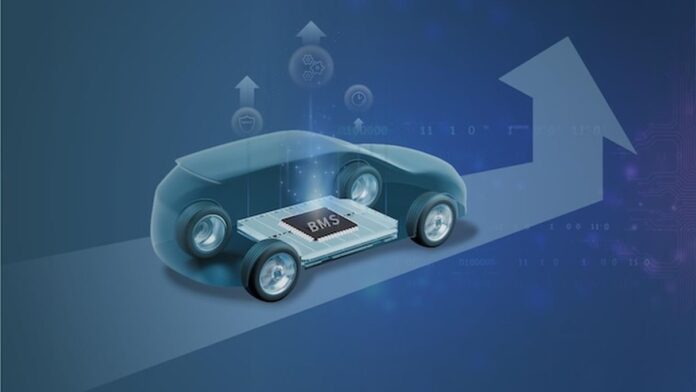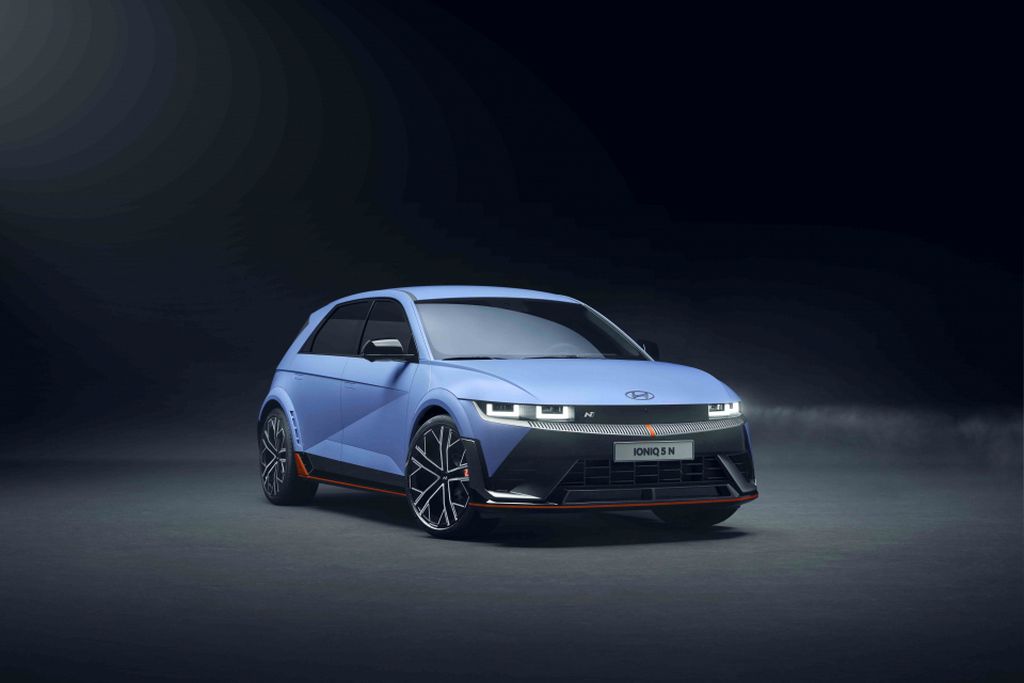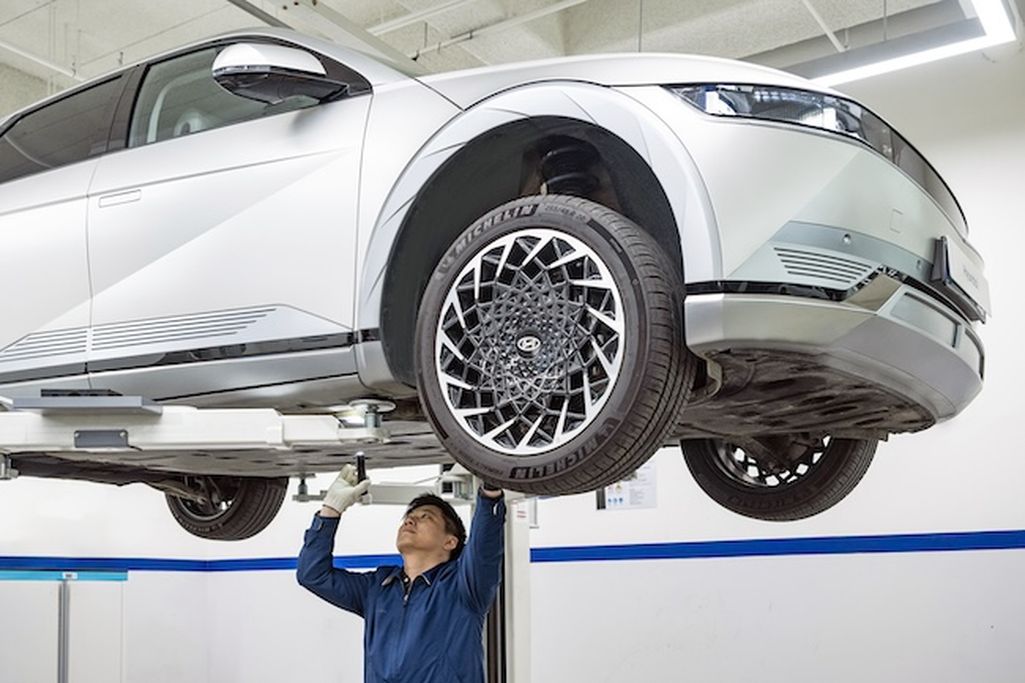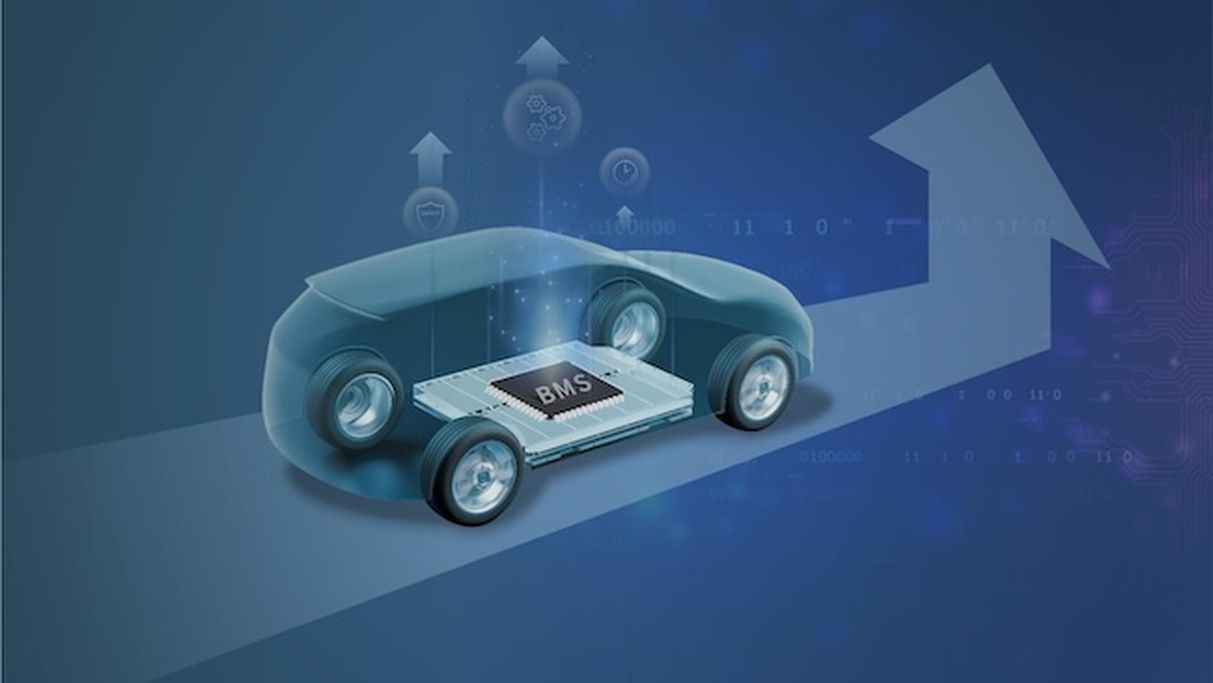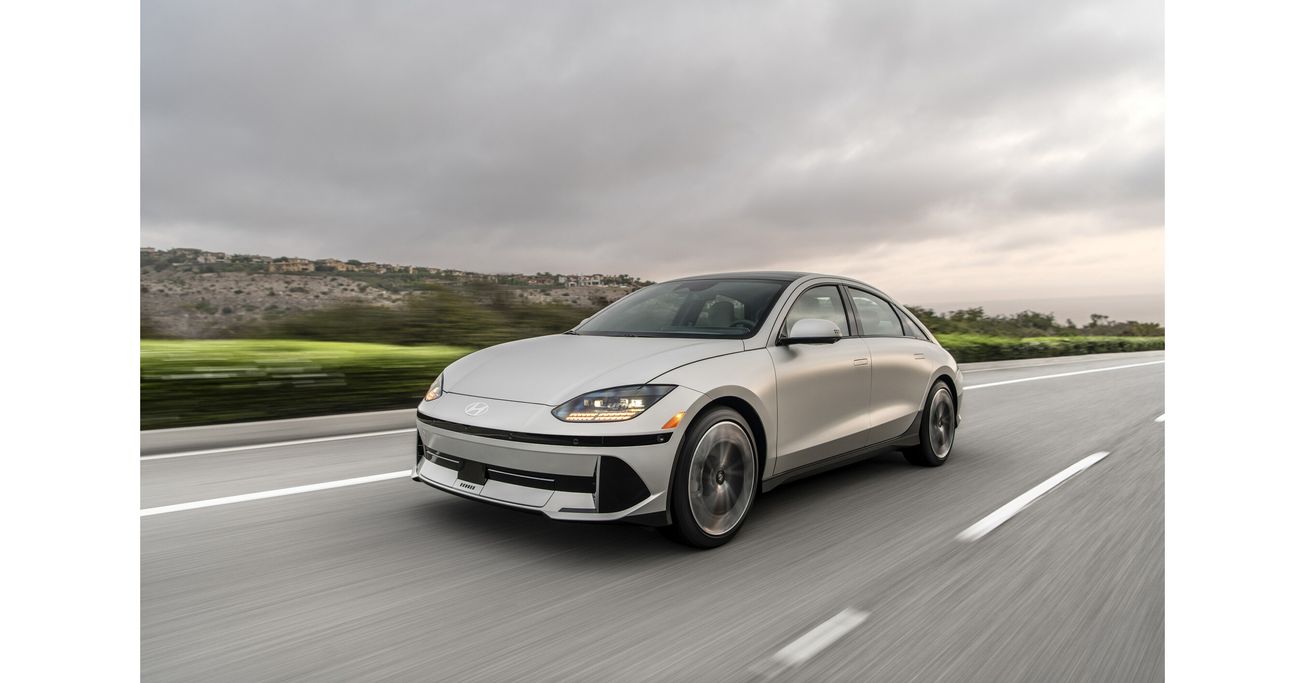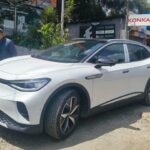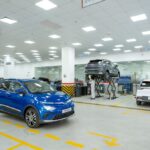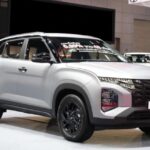Addressing consumer concerns over the safety of electric vehicles (EVs), Hyundai and Kia have unveiled their latest Battery Management System (BMS) technology, marking a significant step forward in their ongoing efforts to enhance the reliability and performance of electric cars.
On August 15, Hyundai and Kia shared their initiatives to enhance electric vehicle safety through hardware and software advancements. The South Korean automakers introduced a safer Battery Management System (BMS) based on 15 years of dedicated research and development experience.
The two leading Korean automakers will offer this service for existing electric vehicle models sequentially after developing technology that enables BMS installation through over-the-air updates later this year.
“Hyundai and Kia aim to restore consumer confidence even in the face of potential risks by unveiling their plans to prevent vehicle fires with BMS technology,” said an insider from the Korean automotive industry.
Acting as the “brain” of electric vehicles, one of the critical functions of the BMS is to monitor the car’s battery system, ensuring efficient and safe operations. According to Hyundai and Kia, the new BMS oversees various factors, including voltage deviations, insulation resistance, changes in current and voltage, temperature, and overpressure or underpressure conditions.
Whenever the BMS detects any anomalies, it will implement the necessary safety control measures and, depending on the severity, immediately notify the customers. Diagnostic data is transmitted to the remote support center, which can then send automated messages to customers, advising them to seek maintenance or emergency assistance.
“The BMS focuses on monitoring the charging status and maintaining close coordination with the charging controller, effectively preventing overcharging. As a result, the likelihood of incidents due to overcharging is virtually zero,” said a Hyundai executive.
The manufacturers noted that while battery fires in electric vehicles could stem from various causes, most originate from battery cell faults or short circuits due to collisions. The BMS system continuously monitors the battery while driving and charging and even periodically checks for battery abnormalities when the vehicle is parked and turned off.
Additionally, the automakers are developing an advanced system that can automatically notify authorities in case of a severe issue. Furthermore, the two brands are researching an “integrated safety management system based on cloud technology” that utilizes advanced diagnostic technology and precise cloud-based remote diagnostics.
To prevent overcharging, Hyundai and Kia have implemented a three-level protection system. This multi-level safety approach includes centralized monitoring of the charging status and close coordination with the charging controller to prevent overcharging at each stage.
A representative from Hyundai Motor Group stated, “Our electric vehicles integrate multiple safety technologies developed based on the expertise and knowledge our R&D team has accumulated over the years.”
“We are committed to continuously developing new safety technologies to ensure that our global customers can use our electric vehicles with peace of mind.”
TT (Tuoitrethudo)
The All-New MG ZS 2025 Unveiled: A Premium Makeover with Cutting-Edge Technologies
The new generation MG ZS has undergone a stylish redesign, elevating its exterior aesthetics and imbuing it with a sense of premium sophistication. Along with its sleek new looks, it also boasts enhanced technology and an innovative electric powertrain, setting it apart from its predecessors and positioning it as a cutting-edge, modern vehicle.
The Ultimate Hyundai Creta: Unveiling the Alpha Edition with a Sporty Facelift and Premium Features
Recently, Hyundai unveiled the special edition Creta Alpha for the Southeast Asian market. This move underscores the brand’s commitment to offering exciting and diverse options for customers in the region. The Creta Alpha is a testament to Hyundai’s understanding of what drivers in this part of the world desire, delivering an exceptional blend of style, comfort, and performance tailored to Southeast Asian tastes and preferences.

